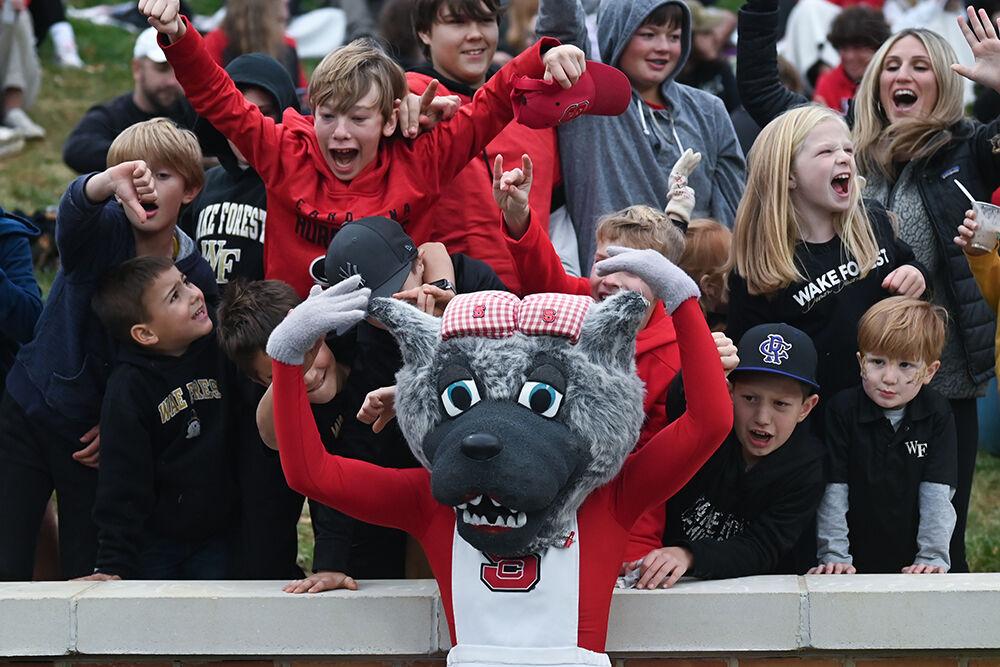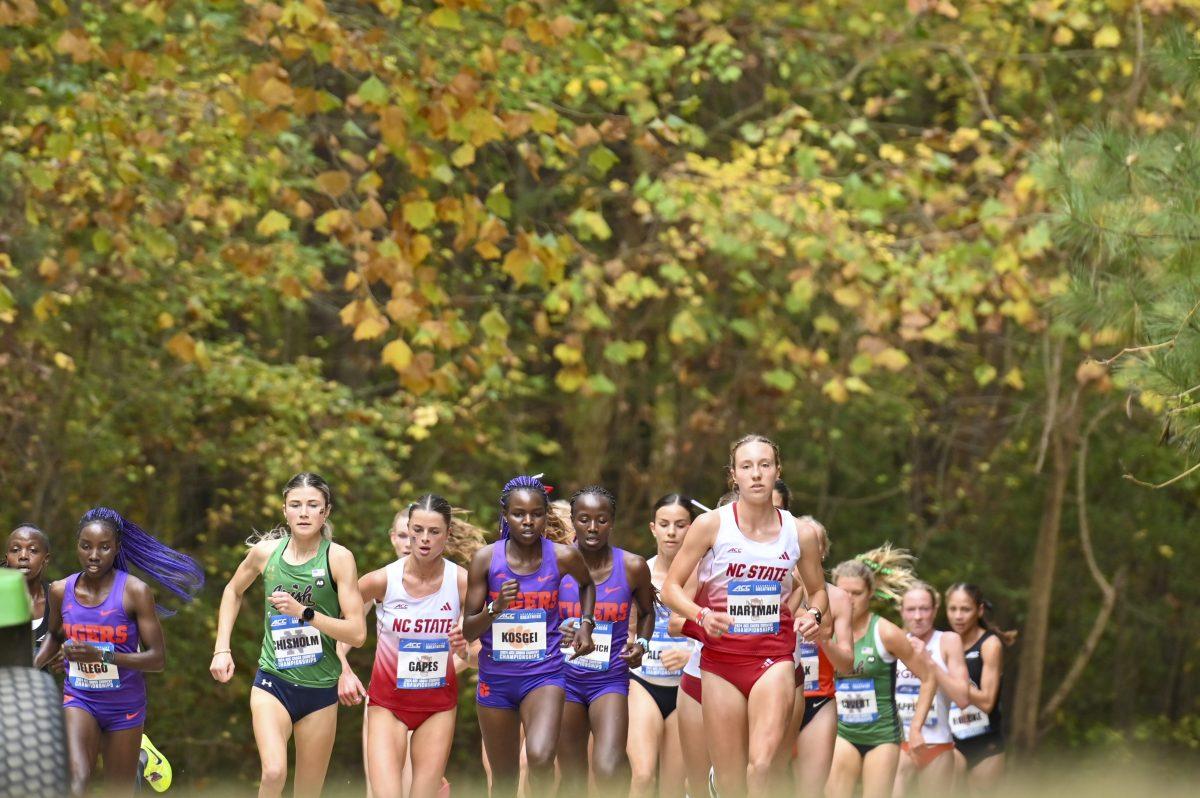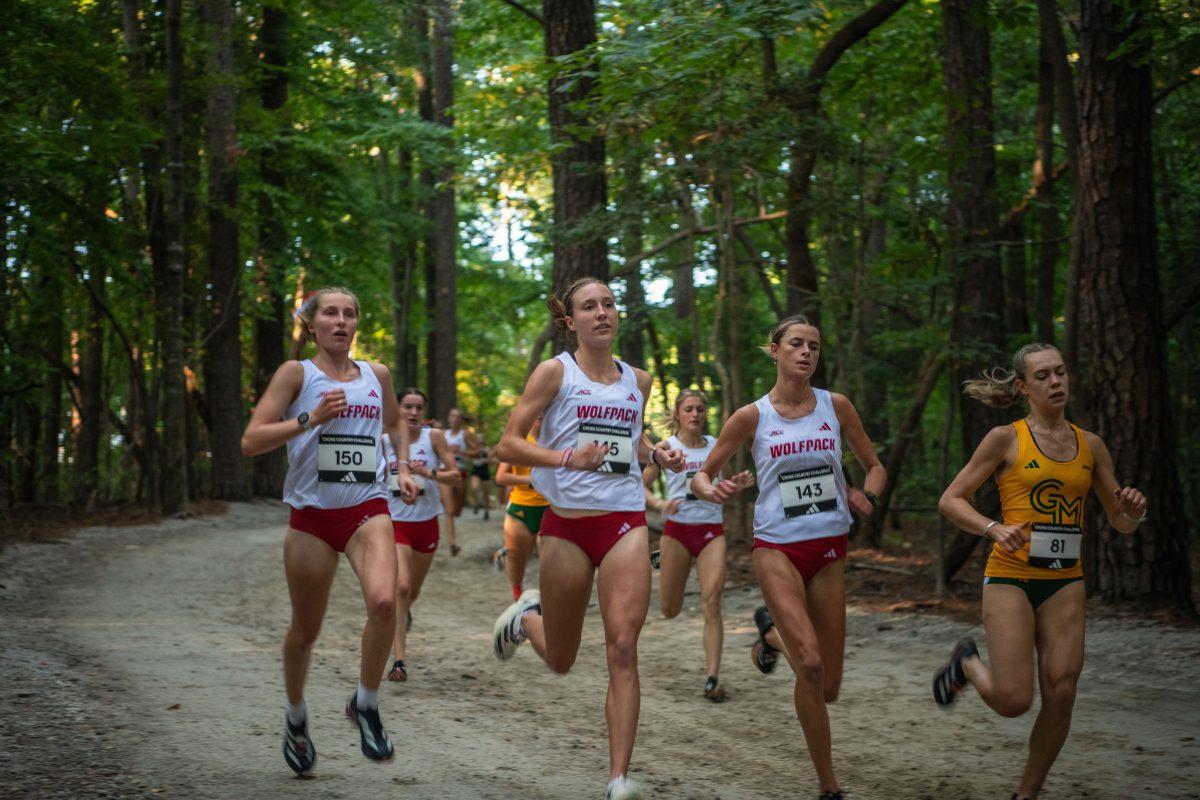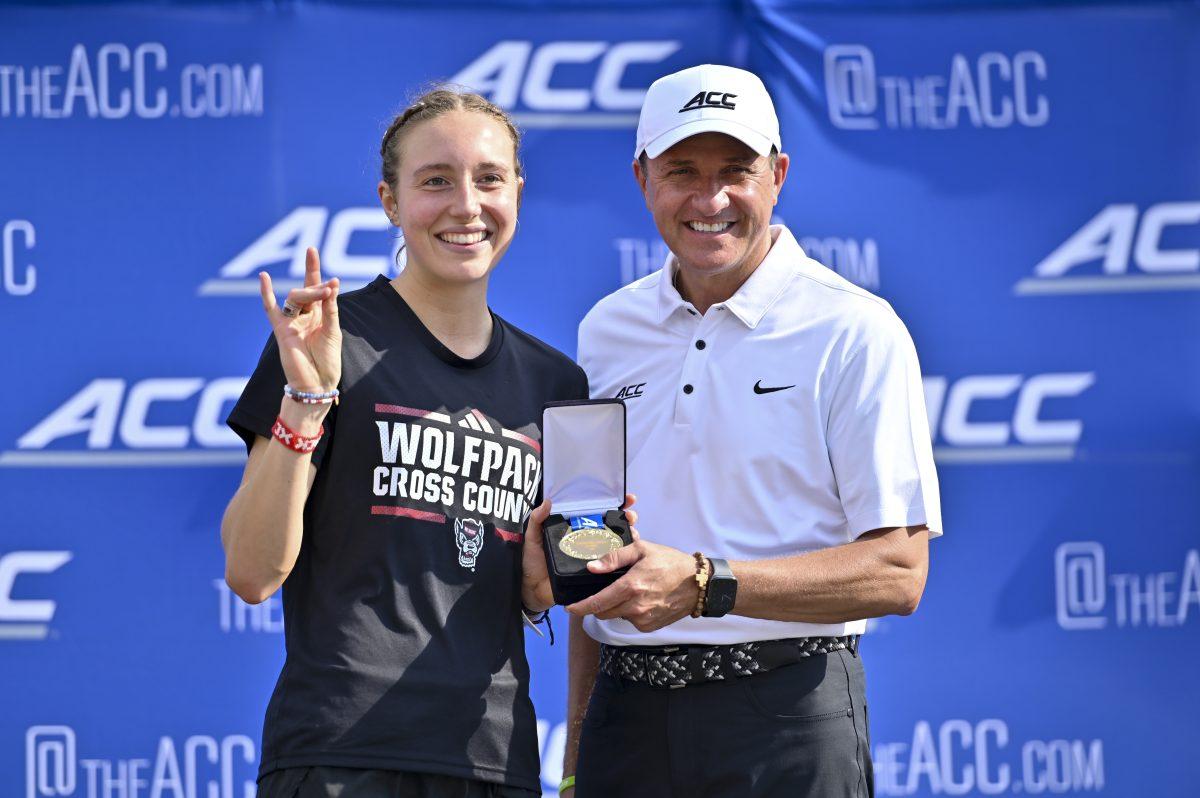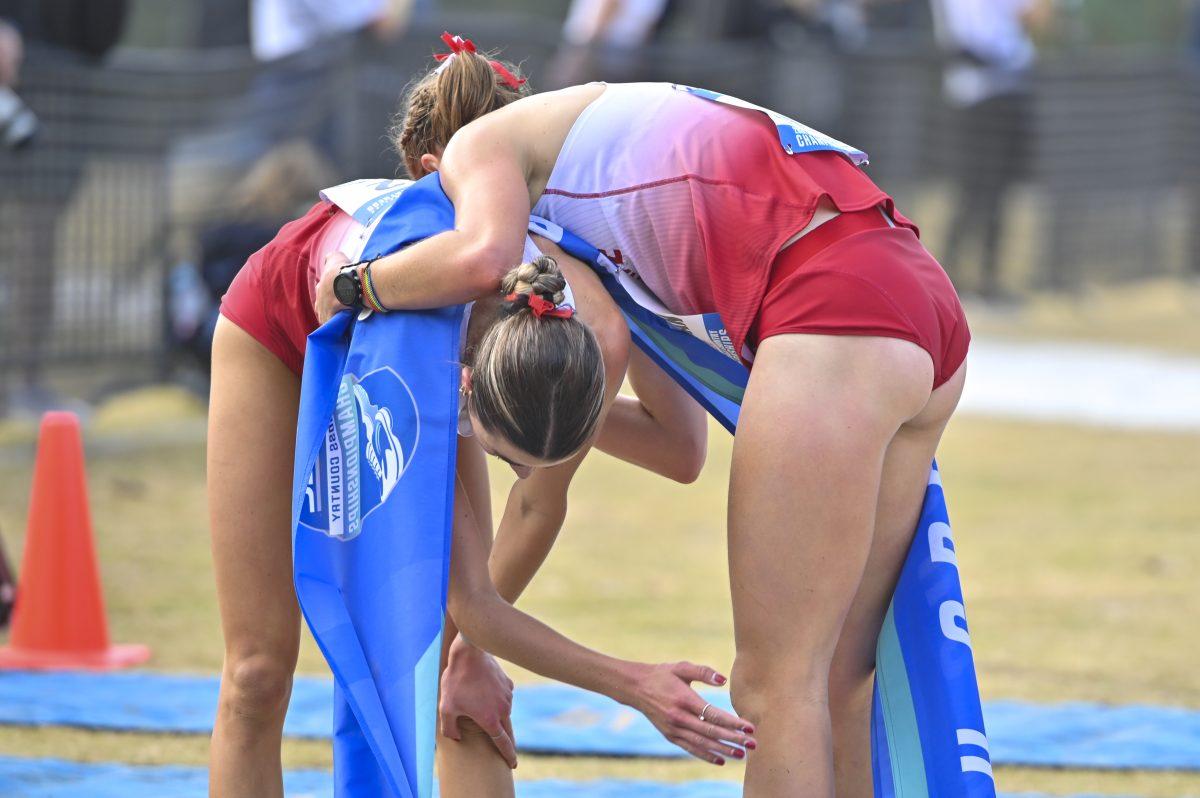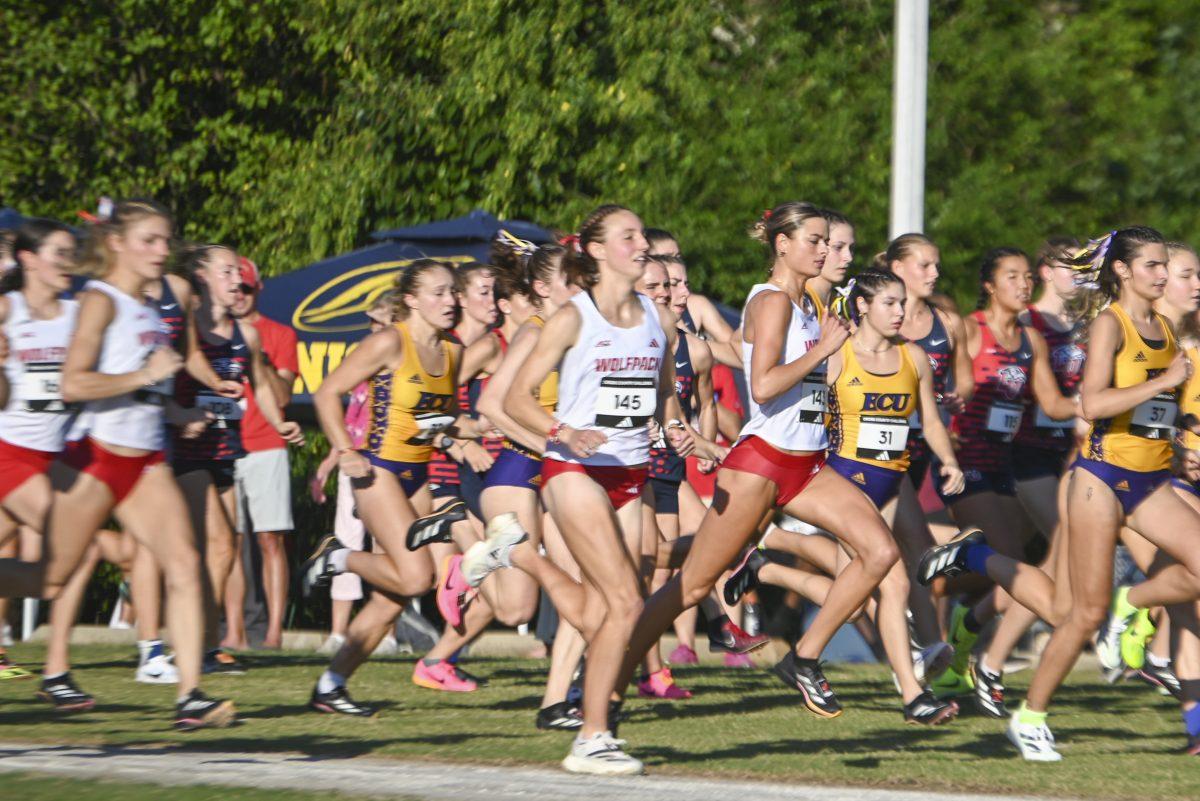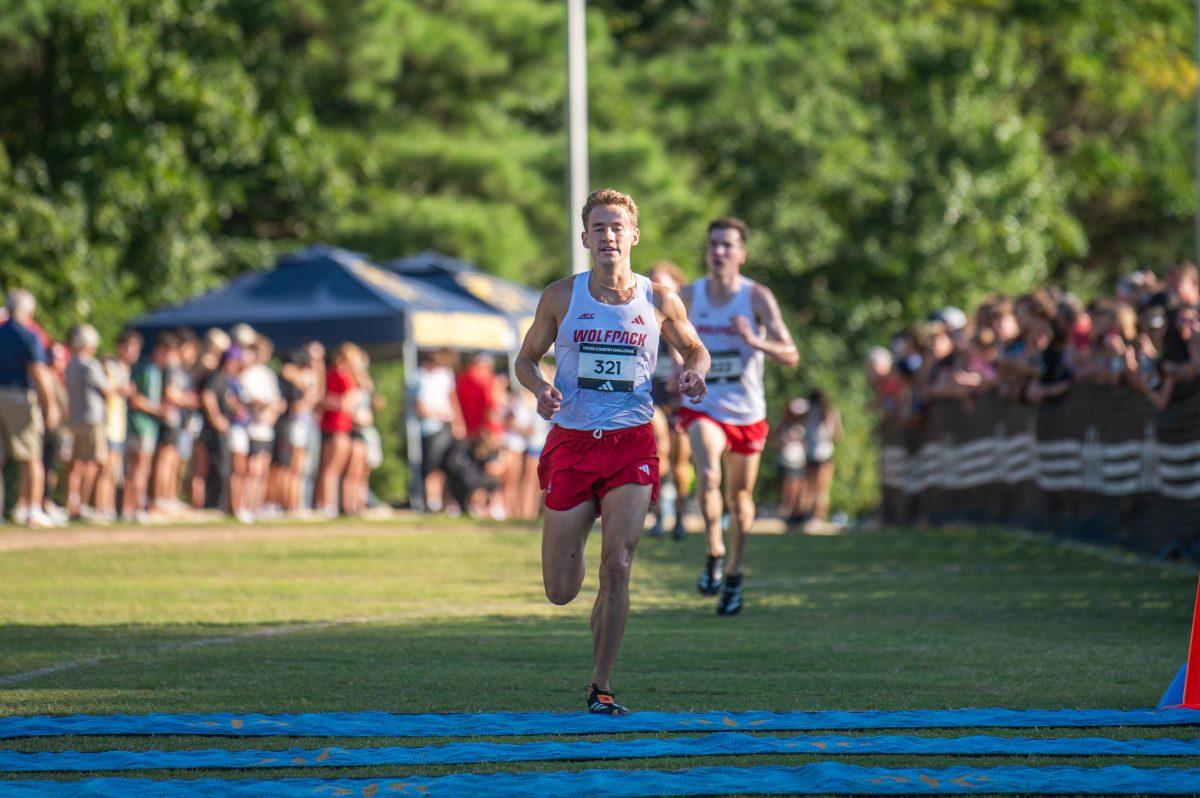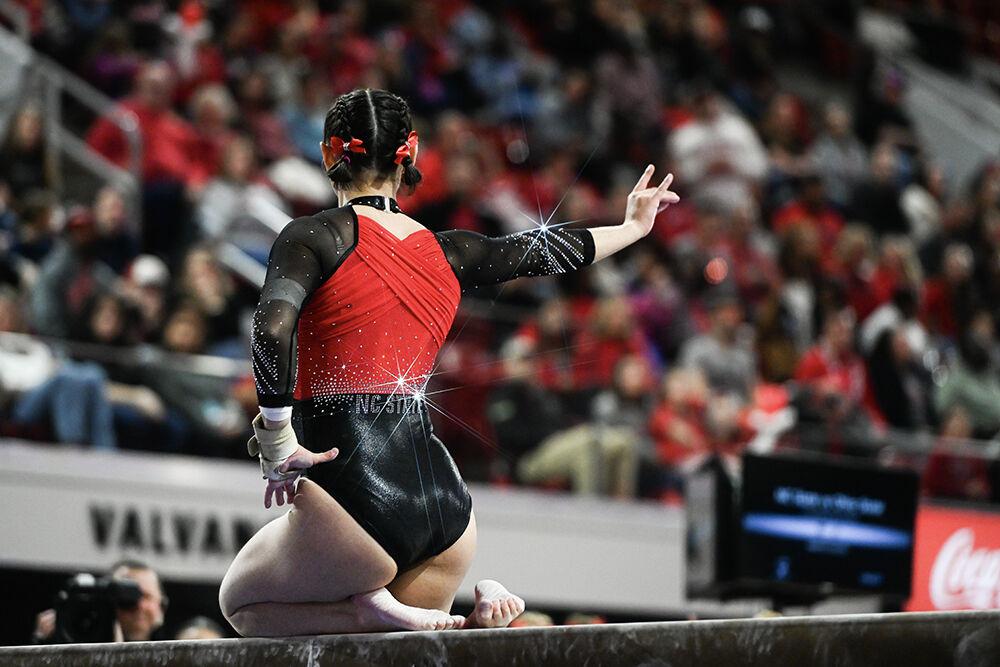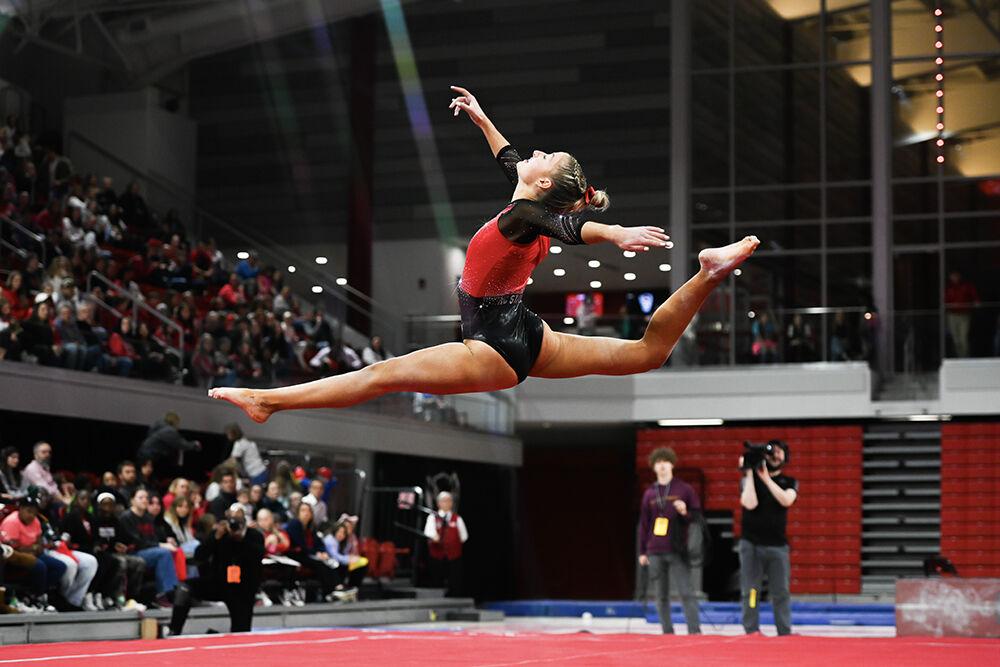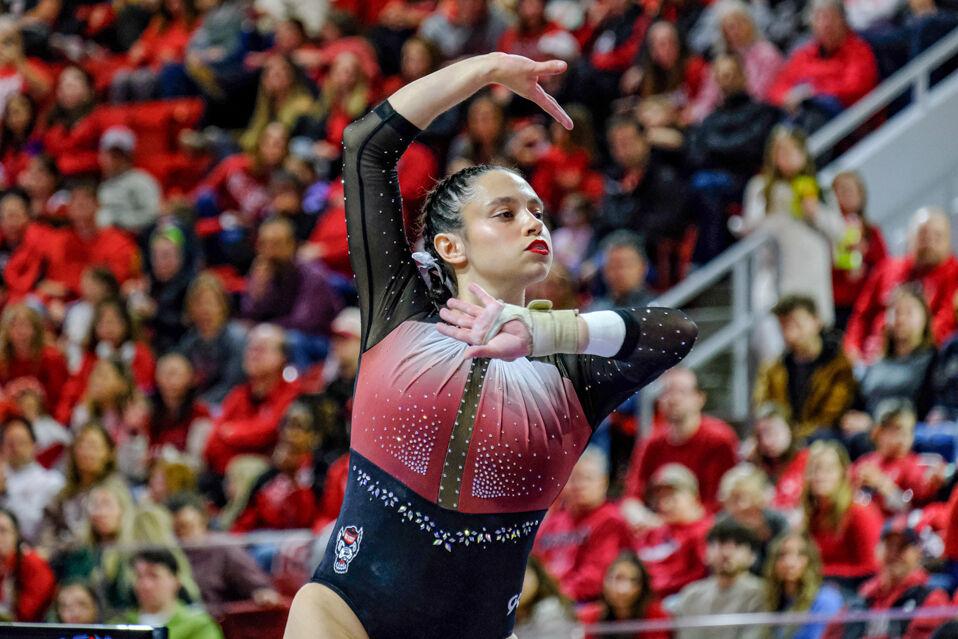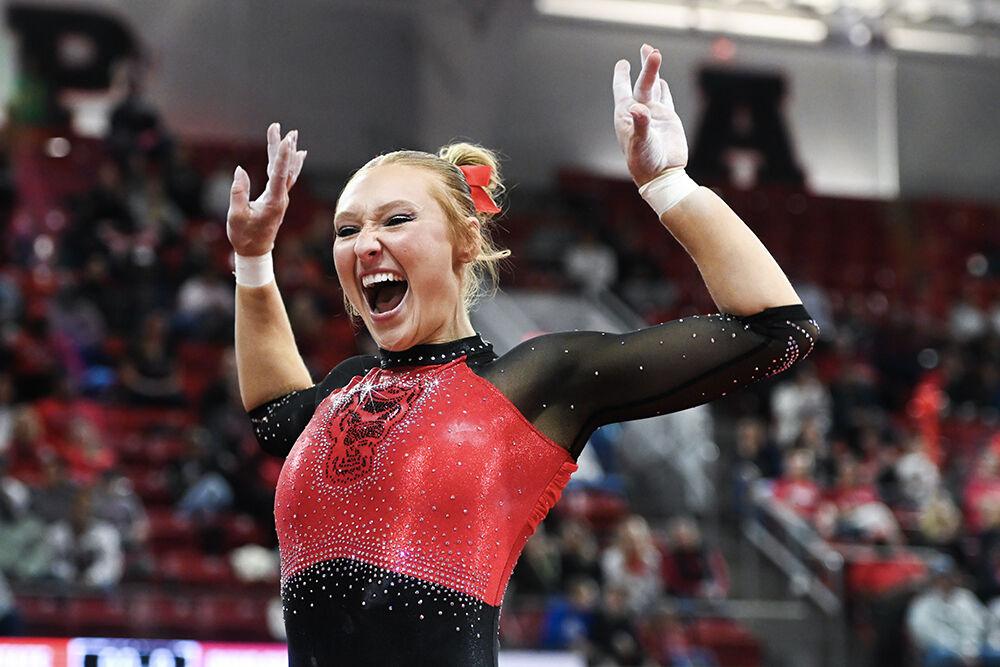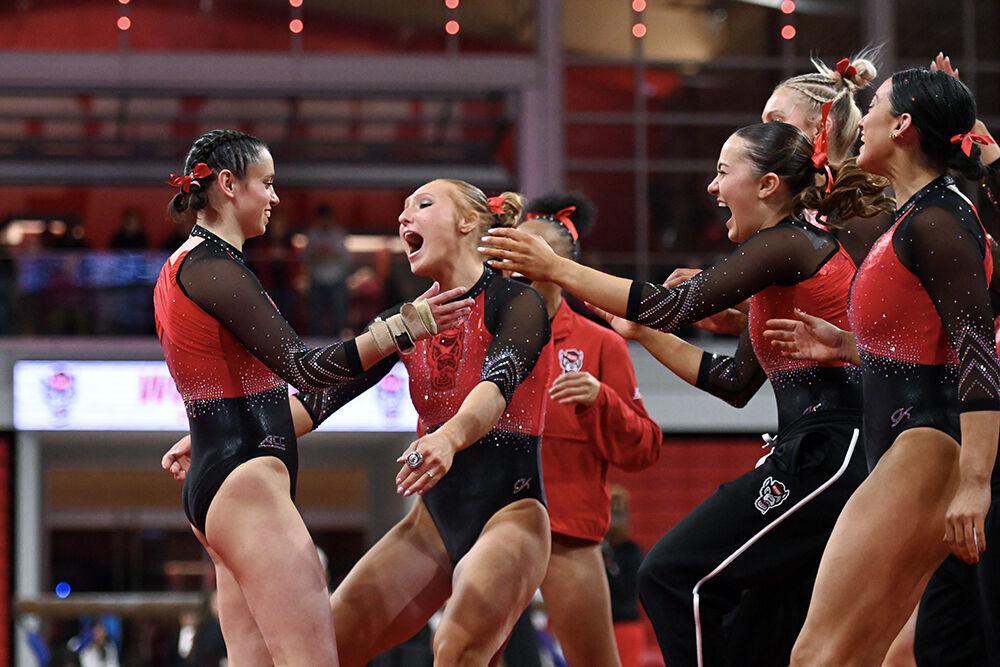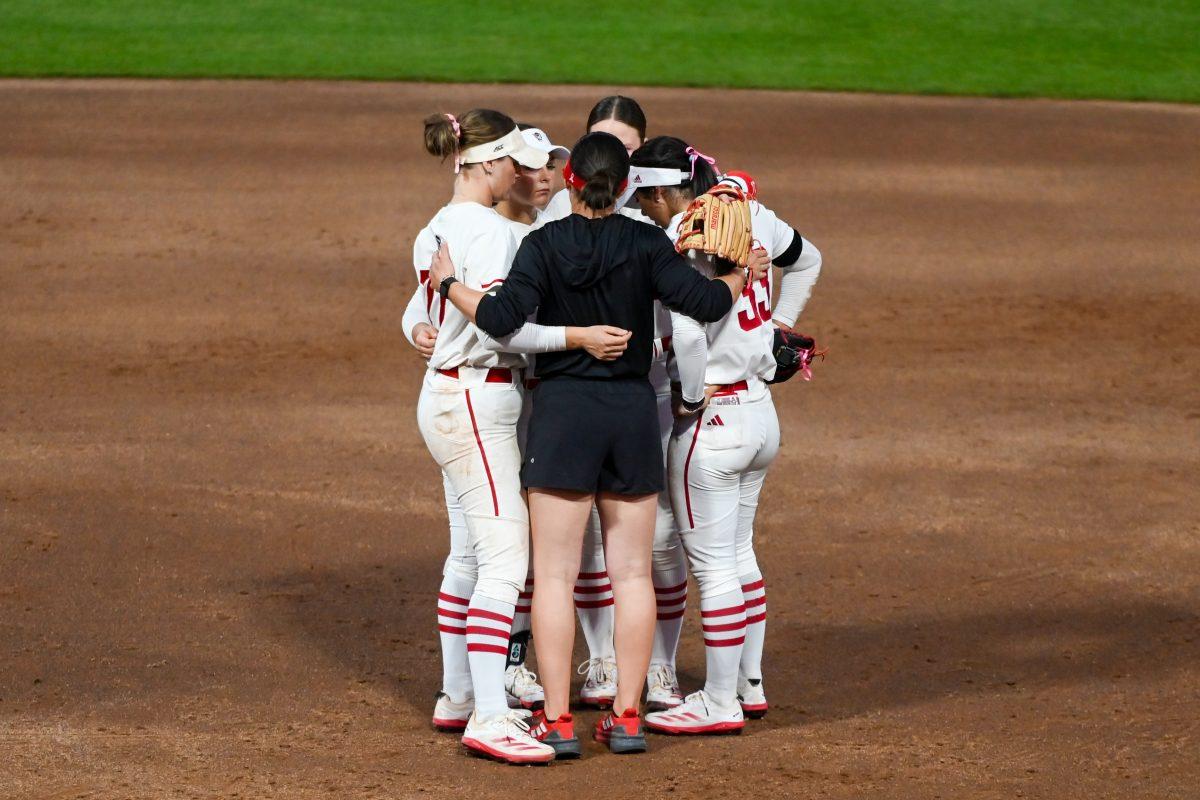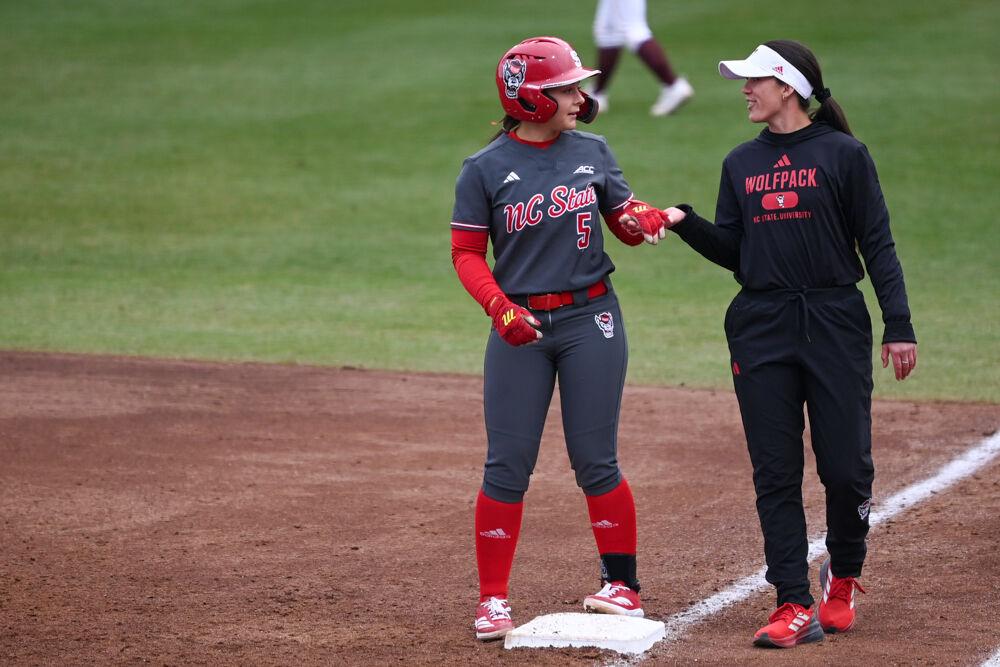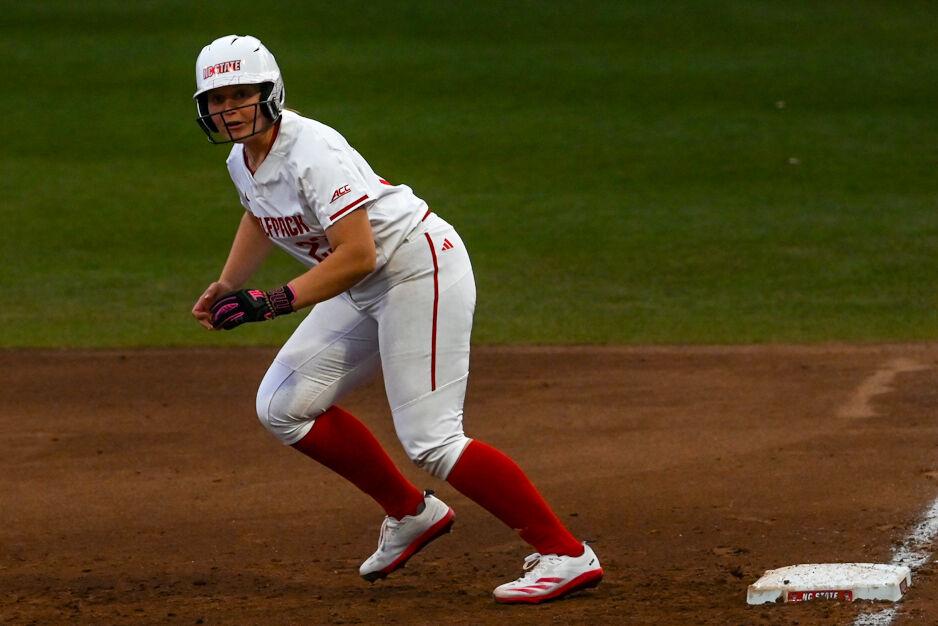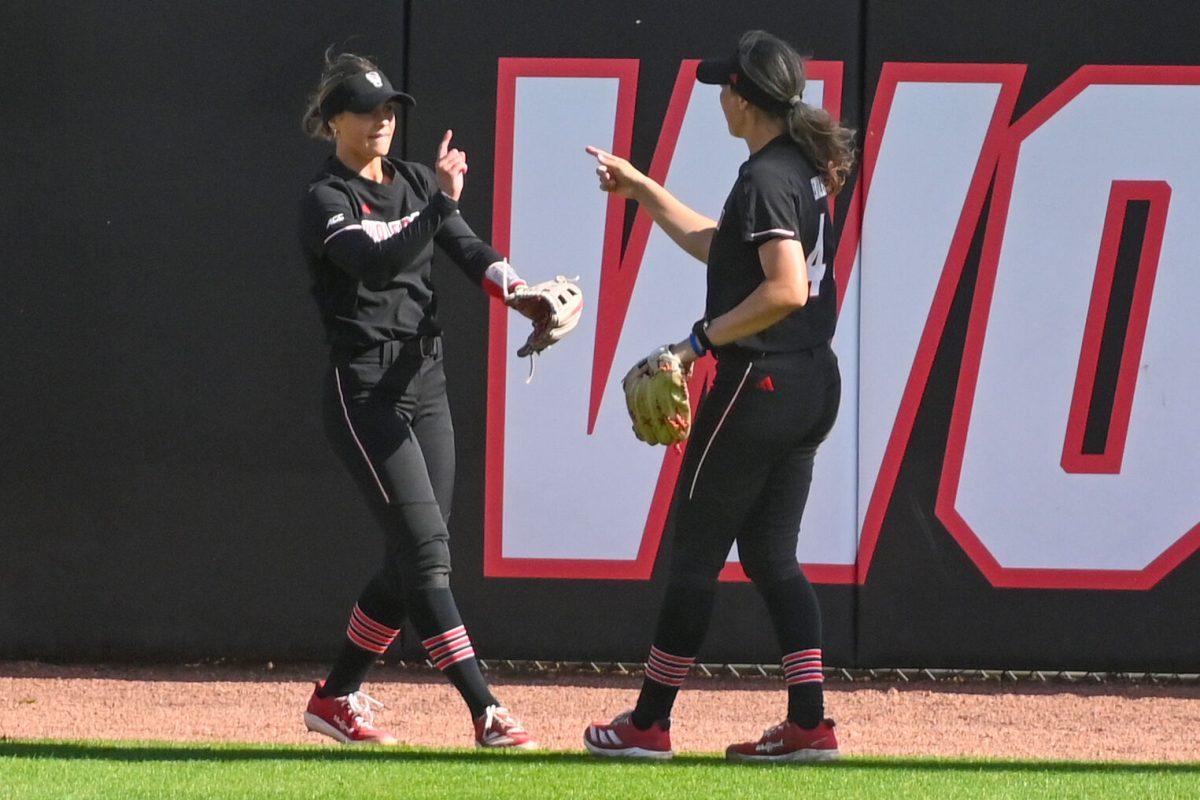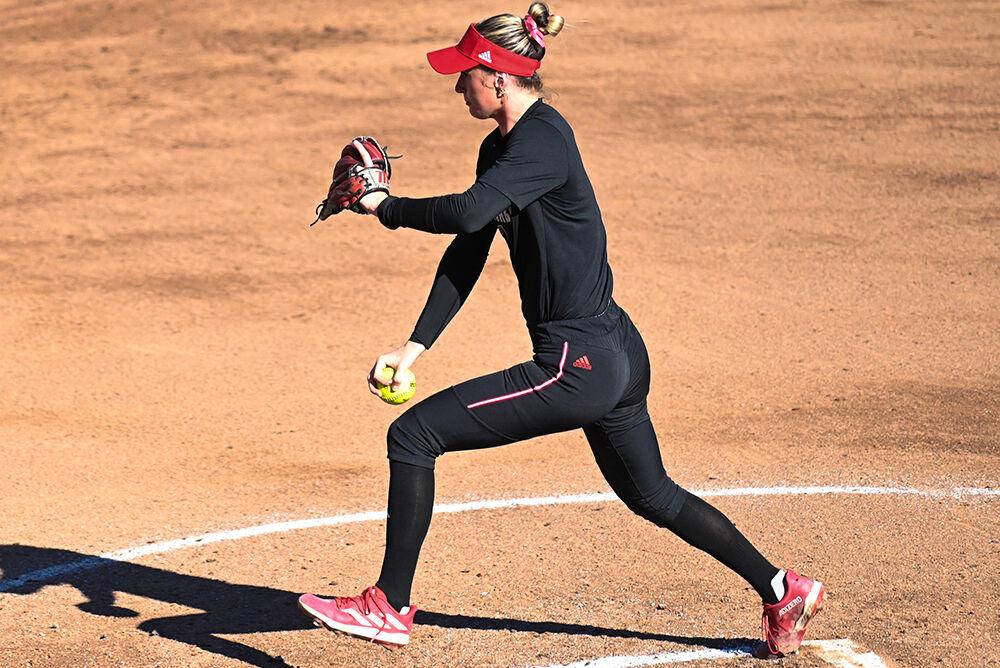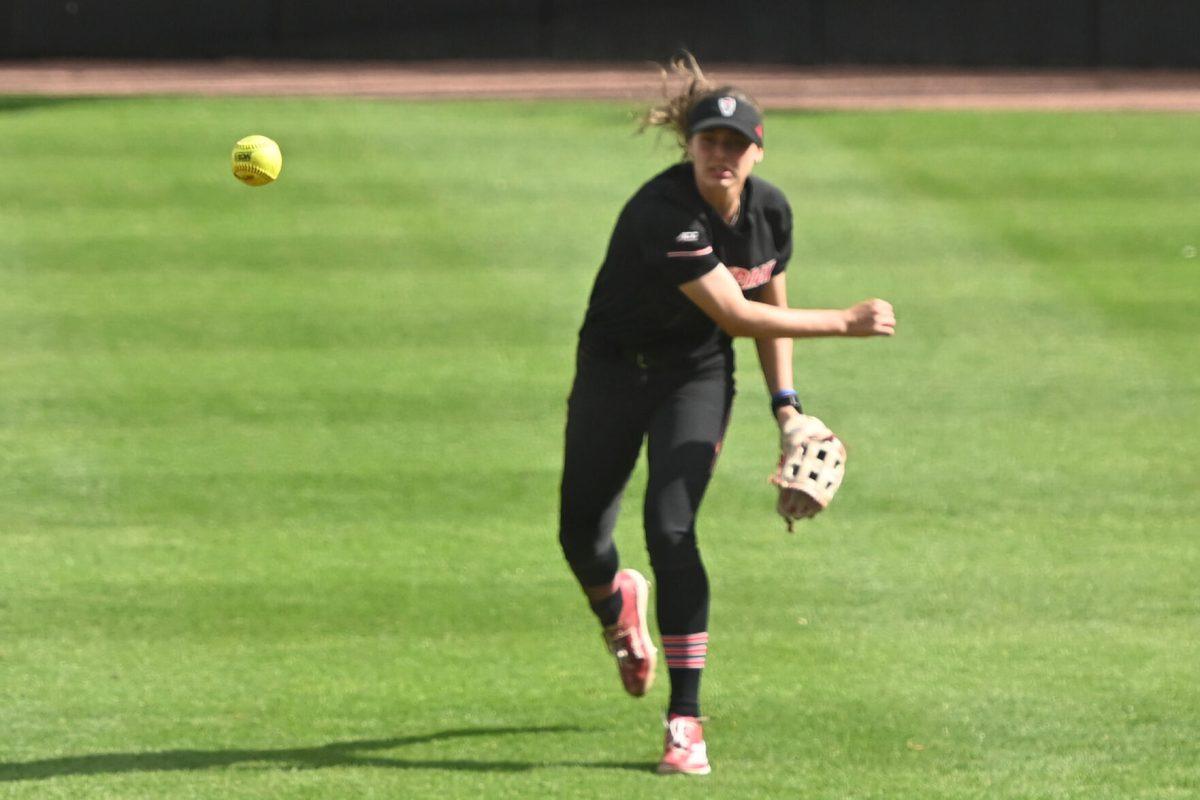ESPN recently released an investigative data analysis on the growing gender disparity within Power Five athletic departments and the lack of representation of women’s sports on social media, specifically on X, formerly known as Twitter. The investigation found NC State mentioned men’s teams more than 50% of the time, favoring the men’s programs over women’s.
The main findings in the ESPN report reflected a disturbing trend of athletic departments neglecting the women’s teams across America on X. 84% of Power Five athletic departments’ X pages posted more about the men’s teams than their women’s — with Notre Dame and Kansas having the largest bias for posting about men’s athletics.
The trend within this study did not just pop out of nowhere — the researchers examined up to 3,200 tweets on each account, dating back to 2018. What was happening within NC State Athletics five years ago? Well, the football team was 9-4 on the season and the men’s basketball team cranked out a 24-12 record and was 9-9 in ACC play. The women’s teams, on the other hand, were thriving.
Here are just a few accomplishments within the 2018-19 athletic season for the women of the Wolfpack: Women’s cross country won an ACC title, women’s basketball finished 28-6 and made a Sweet 16 appearance, women’s tennis was 24-7 throughout the season and women’s swimming and diving won its second ACC championship in three years.
The women’s accomplishments didn’t just stop there though. Since 2018, the women of NC State Athletics have won nine ACC Championships, two NCAA Championships, an East Atlantic Gymnastics League Championship title and made an NCAA Final Four appearance.
ESPN looked at the 18 Power Five athletic departments whose men’s and women’s basketball teams both made the 2023 NCAA tournament, and 50% tweeted about their men’s team more than women’s during the regular season. NC State did not.
With so many accomplishments being achieved, NC State Athletics should highlight its women’s programs just as much as its men’s. It’s not just the principle of the situation that could get the Pack in trouble, but it’s also the law.
A Title IX policy interpretation includes an “equality in publicity” statute that assesses “quantity and quality of publications and other promotional devices featuring men’s and women’s programs.” In two recent cases assessing UCLA-Berkeley and Rutgers University, the Department of Education’s Office of Civil Rights saw dramatic differences in publications and marketing between the men’s and women’s teams.
Title IX calls for equality in college athletics through accommodation of student interests and abilities, athletic financial assistance and other program components that include — but are not limited to — equipment and supplies, medical and training facilities/services and publicity.
The NC State athletic department’s X account, @PackAthletics, only mentioned women’s athletics 38.4% of the time from 2018 to February 2023, failing to provide equal publicity between the two programs. This could possibly open up future lawsuits, not just against NC State but also against any of the Power Five schools mentioned in ESPN’s report.
The main problem within the social media disparity is the quality and quantity of social media managers within the collegiate athletics field. Out of 32 schools who responded to an ESPN poll, 27 of the athletic departments had two or more people running the men’s basketball or football accounts, while the women’s teams were more likely to have to share a social media staffer. At some schools, coaches and players on women’s teams were responsible for their own team’s accounts.
Women’s athletics doubters can claim that this is because the women’s teams aren’t as marketable as the men’s — which is a blatant lie — but Title IX does not mainly focus on money. There is no mention of promoting the most profitable programs, but rather that each program is supposed to have equal promotion. It costs nothing to post on social media.
The money that is affected by this disparity is the money made by student-athletes, via name, image and likeness deals — better known as NIL. Many experts in that field expect many clashes between NIL and Title IX will be popping up soon. If an athlete can identify a dollar value lost due to not being promoted equally by their university, they can push for a Title IX lawsuit.
Social media deals can be incredibly lucrative NIL deals, and in order to get these deals student-athletes must build up a solid following online. Collegiate athletics accounts have huge followings, and while there might be minimal data now, I could see some coming out in the future showing a correlation between an athlete’s following in relation to being featured on the athletics account.
Some people might see this ESPN report as a call for women to be featured more than men, but it’s not. It’s a warning for schools to change and fit the law they are supposed to be following for the betterment of athletic equality. Female athletes aren’t asking for 100% of publicity — just 50%.


